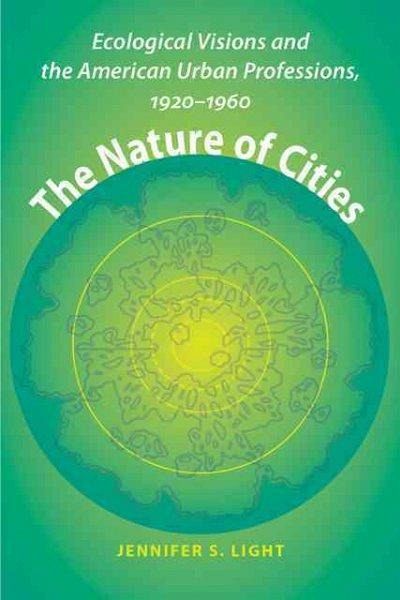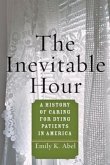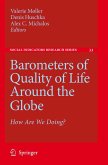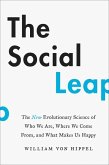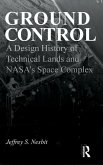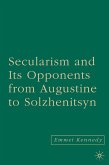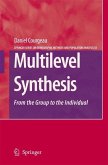Honorable Mention, Lewis Mumford Prize, Society for City and Regional Planning History Jennifer S. Light finds a new understanding of the history of urban renewal in the United States in the rise and fall of the American conservation movement. The professionals she examines came to view America's urban landscapes as ecological communities requiring scientific management on par with that of forests and farms. The Nature of Cities brings together environmental and urban history to reveal how, over four decades, this ecological vision shaped the development of cities around the nation. "A fascinating and suggestive account of the influence of ecology and natural-resource management on academic urbanists, city planners, and real-estate professionals."--Technology and Culture "A model for anyone looking to reveal the complex ways that scientific thinking plays into the emergence of an entire field of social planning."-- Journal of the History of Biology "Light does a wonderful job of tracking the migration of people and ideas to the nation's capital, demonstrating how these shaped the National Resources Planning Board's agenda and actions, and detailing how urban management became national policy from FDR to LBJ."--American Historical Review "Light's excavation of the intellectual terrain, on which so much of mid-20th-century urban policy rested, significantly contributes to our understanding of planning's evolution in this critical period following the profession's foundational years."--Journal of the American Planning Association "This engaging and well-written work challenges the notion that cities were seen as 'unnatural' places during the early years of the twentieth century, when the United States was transitioning from an agrarian to an urban society and the professions of social science, urban planning, and real estate were being developed."--Historical Geography
Hinweis: Dieser Artikel kann nur an eine deutsche Lieferadresse ausgeliefert werden.
Hinweis: Dieser Artikel kann nur an eine deutsche Lieferadresse ausgeliefert werden.

